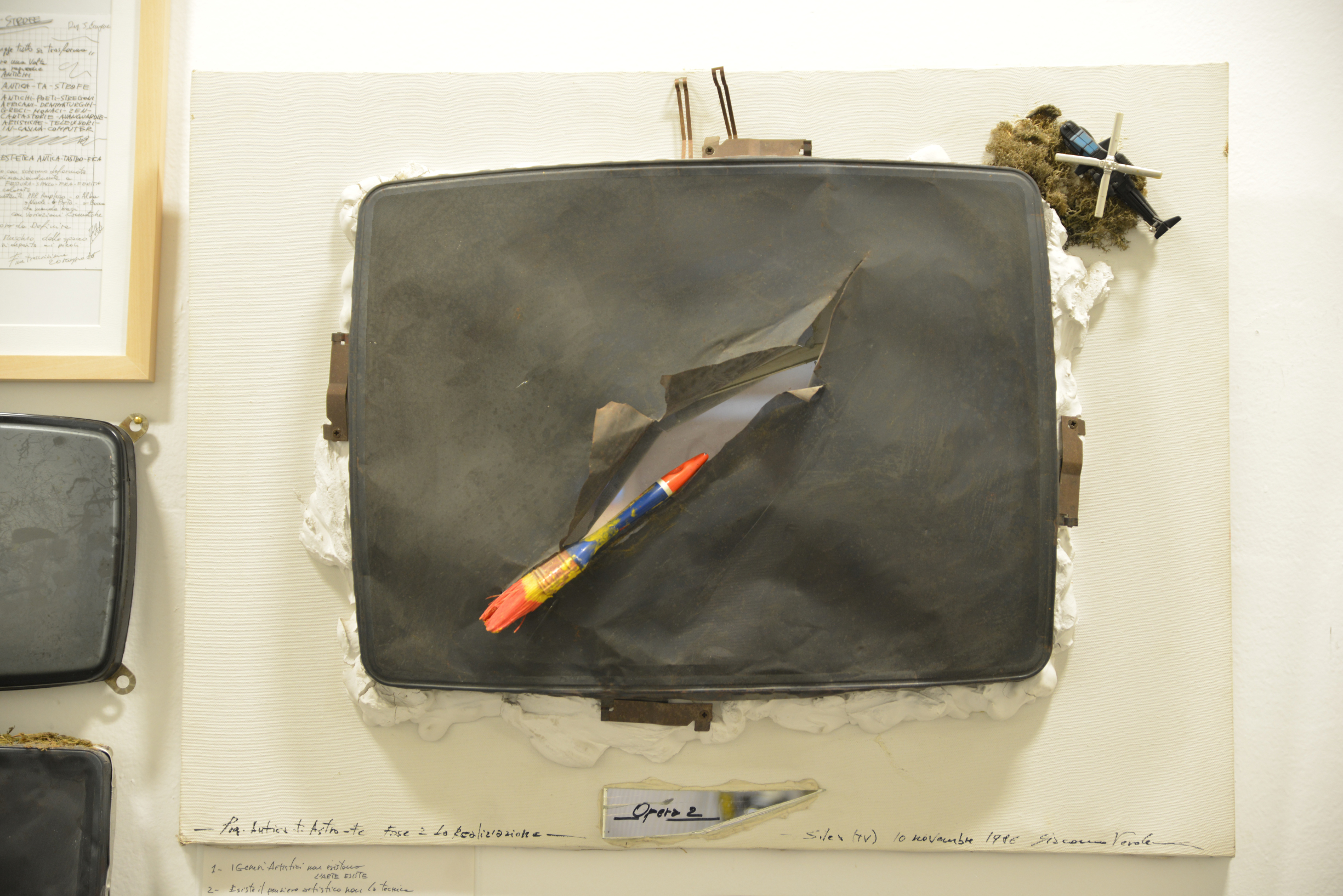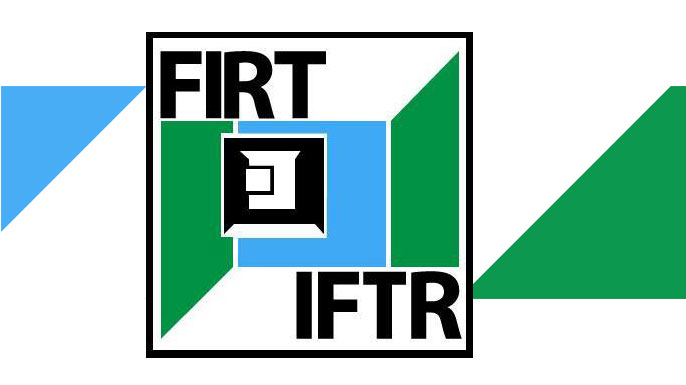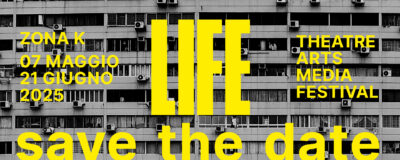IFTR Faculty of Dramatic Arts, University of Arts, Belgrade, Serbia 9-13 July, 2018
http://www.iftr.org/conference
THEATRE AND MIGRATION – Theatre, nation and identity: between Migration and Stasis
Deadline for proposals: 15 January 2018
INTERMEDIALITY IN THEATRE & PERFORMANCE WORKING GROUP
We would like to invite researchers to submit their work for discussion at the Intermediality in Theatre and Performance WG meeting at the 2018 IFTR conference, which will take place on 9-13 July in Belgrade, Serbia.
THE WORKING GROUP:
The Intermediality in Theatre and Performance Working Group examines the interrelationships of theatre with other media as well as combinations of different media in performance. It looks at theories and conceptualizations of media in live performance, historical developments and transformations of media, and contemporary manifestations of intermediality. The group members work in diverse areas and within different methodologies but share a focus on the self-reflexivity of media, an interest in media applications and functions in culture and society, as well as an understanding of theatre practice as an object and method of research.
IFTR 2018: CALL FOR PAPERS:
In response to the theme of the Belgrade conference in 2018, “Theatre, nation and identity: between Migration and Stasis”, we propose the following topics:

- Intermediality, expanded communities, citizenship and nationhood
- Crossing borders online: Remote collaboration, remote consumption and virtual work spaces
- Performing through technology in the ‘attention economy’: Compulsive viewing and sensationalism
- Performance, live broadcasts and digital cultural exports
- Migration and stasis in intermedial performance
- Social media and the distortion of the public sphere
- Memes/temes, fake news and the performance of virulent phenomena
- Digital storytelling as a site of possibility for applied and relational practices
- Telepresence: Intimacy and interactivity across physical and political divides
- Technology and prosthetic memory
- Technology, globalization and displaced labour in performance
- Non-human performers: The performance of AI and robots in performance
- Gamification and serious play: Playful engagement to address social and global crises
- Audiences as avatars
- Redefining physical boundaries of selfhood and otherness
- Augmentation and biohacking
- Post-human and cyborg identity politics
- Interactivity in performance: Meaningful agency and freedom of choice
- The reality of the virtual in performance
- Post-digital aesthetics
- Immersion and redefining ‘place-making’
- Technology, performance and empathy activism
- Mediatisation and uncertainty: Uncertain epistemologies and knowledges
- Post-truth/alternative truths and intermedial interventions
- Data, data-bodies and statistics in performance
- Networks/networked performance
- ‘Doing’ intermediality: Intermedial practice-as-research (PaR), methodologies and processes of cross-cultural collaboration
- Open call: We encourage other submissions that address intermediality in theatre and performance, including those that do not directly refer to the conference theme.
SUBMITTING YOUR ABSTRACT:
Proposals must be submitted through the IFTR registration process (see links below). Please submit an abstract of max. 250 words along with a biography of 50 words.
In order to make a submission, you will need to become a member of IFTR. If you already have a Cambridge Core account, you can download instructions on how to join IFTR here:
https://www.iftr.org/media/2765/become-a-member-already-have-a-core-account.pdf
If you do not have a Cambridge Core account, you can download instructions on how to join IFTR here: https://www.iftr.org/media/2766/become-a-member-new-to-core.pdf
ACCEPTANCE:
Applicants will be informed of acceptance by late February 2017.
FORMAT OF CONFERENCE SESSIONS:
The co-conveners will arrange proposals into panels grouped by connected topics. We invite 15-minute presentations in any format (papers, performance lectures, practical demonstrations etc.). We also plan to curate shorter provocations and round table discussions. If you have a preference for a particular presentation format or would like to team up with other colleagues to propose a group panel, please indicate your interest in your abstract submission. Colleagues may be invited to share their work with other WG members in advance of the conference to allow for deeper contextualised discussions.
We are keen to hear from academics and practitioner-researchers at all career stages and welcome attendees from diverse geographical locations. We aim to encourage lively and energised debates during the sessions, and in this spirit, we invite observers to attend and welcome their contributions to the discussions.
The group is welcoming and inclusive and we will be organising drinks for anyone arriving at the conference early who would like to attend, and a dinner for all of our WG members.
Co-conveners:
Liam Jarvis (ljarvis@essex.ac.uk)
Anna Monteverdi (Anna.Monteverdi@unimi.it)
Karen Savage (ksavage@Lincoln.ac.uk)
IFTR website: https://www.iftr.org
IFTR registration at Cambridge Journals Online: http://journals.cambridge.org/iftr
IFTR abstract submission at Cambridge Journals Online: http://www.cambridge.org/gb/academic/abstract-submission-form-iftr-2017-conference





